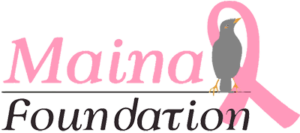
NEWSLETTER
Holiday 2023
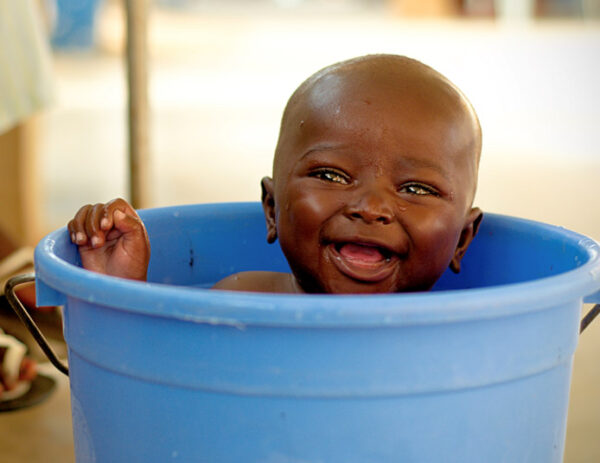
Welcome to the Maina Foundation Newsletter!
Happiness
Please remember Maina Foundation in your annual giving
By Manju Soni
Dear friends
We’ve reached the end of 2023, and, like so many of you, I’m amazed at how quickly the year flew by. And with the holidays upon us, I’m thinking of a subject that affects us all—happiness. And I’m not alone in my reflections either.
Aristotle very accurately said, “Happiness is the meaning, and the purpose, of life, the whole aim, and the end of human existence.”
In recent years, even economists have shifted towards measuring happiness as an indicator of social and individual welfare and health rather than just production.
Bhutan, a small country, nestled in the Himalayas, known by the locals as Druk Yul, ‘land of the thunder dragon,’ invented a strategy for survival they call Gross National Happiness, an approach that has considerably improved the country’s economic, environmental, social, and governance situation in the past few decades.
What makes people happy?
Because happiness is so subjective, psychologists prefer
to use the term ‘subjective well-being’. And the two key
components of happiness by this definition are:
• Our individual balance of emotions: We all have both positive and negative emotions, feelings, and moods, but happiness is generally linked to more positive emotions than negative ones.
• Life satisfaction: Defined as how satisfied we feel with the different aspects of our life, including relationships, work, achievements, and any other things we consider to be important.
Can people be born happy?
The simple answer is yes… maybe.
Yes, because in twin studies , as much of half of a person’s happiness seems to be genetic. Maybe, because there is no single happiness gene, and there’s no real proof that happy people share the same genetic makeup.
Is it possible to cultivate happiness?
Yes—Some people tend to be naturally optimistic and
happy, but that’s not the end of the world for people who
lean toward the more pessimistic end of the spectrum.
There are things we can do to cultivate our sense of happiness.
Energy Management: Think of your energy as a limited resource, with a certain daily allowance, dependent on various factors, such as age, sleep, stress levels, medical conditions and lifestyle.
Monitor and plot your energy “temperature” at different points in your day, maybe on a scale from 1 to 10 with 10 being the highest energy level. Identify the people or events that impact you the most, and make incremental changes to increase or decrease your exposure to these people or events.
Be realistic with the goals you set. For example, if a friend overwhelms you with negative news coverage, don’t avoid them totally, maybe reduce the number of times per week you see them.
Prioritize positive energy tasks when you’re feeling fresh and productive. For example, plan a workout when not spending time with your negative energy friend.
Eat food that provide nourishment
We are what we eat and a well-balanced diet of fresh (or
frozen) food high in nutrients goes a long way to reduce
stress and also our susceptibility to illness and even
cancer.
Prioritize sleep:
Most people sleep less than they need to, which is
usually seven to eight hours per night.
Prioritizing sleep can avoid serious health conditions, as well as negative moods, lack of motivation and low energy levels.
Keep company with happy people:
Commissioned by Congress in 1948, the Framingham Heart
Study has followed close on 5000 subjects, their
children, and their grandchildren for a total of 75 years.
From the more than 3000 scientific publications emanating from the study, we have learned, amongst other things, that cigarette smoking, high cholesterol and elevated blood pressure are all risk factors for heart disease. Diet and exercise are associated with a decreased risk of heart disease. Postmenopausal women are at increased risk of heart disease. Obesity is a risk factor for heart failure.
In addition, the study found clusters of happy and unhappy people in the network, and the relationship between people’s happiness extended up to three degrees of separation, for example, to one’s sibling’s friends. Participants who were surrounded by happy people were more likely to be happy. A friend who lived within a mile, and who became happy increased the probability for happiness for a participant.
The conclusion, which may seem obvious in hindsight, was that people’s happiness depended on the happiness of others with whom they were connected.
Keep the company of people who fill your energy reserves.
Get regular exercise.
The Department of Health and Human Services recommends
adults complete at least 150 minutes of moderate
intensity physical activity each week. Contrary to what
you might believe, this will add to your energy account and
not subtract from it.
Exercise relieves stress and tension, strengthens muscles and boosts endurance, and helps your body work more efficiently during other physical tasks or activities. A bonus is exercise has been shown to reduce the incidence of dementia, cancer and osteoporosis.
Do something meaningful and enjoyable each day:
Reconnect with past hobbies, enjoy simple acts like
cooking a healthy meal or listening to your favorite
song, or gardening or taking a pet for a walk.
By kind and think good thoughts toward others:
Maintaining a non-judgmental attitude toward others keeps
us from judging ourselves, thus avoiding the negative
internal dialogue that depletes our energy and happiness.
Spend at least 10 minutes a day outside, with nature:
Nature is very soothing and paying attention to the
trees, grass, water, breeze or whatever else surrounds
us, can be an uplifting experience.
Thank you for reading!
We at Maina Foundation send warm wishes to you and your family for peace, joy, happiness, and prosperity in this holiday season, and a wonderful New Year.
Happy Holidays!
Manju Soni (she/her) (pen name: M. J. Soni) is a former eye surgeon turned author. She is the author of Defying Apartheid, her debut nonfiction book that captures her experiences of being a young activist against apartheid. Her short fiction and essays has appeared in Ellery Queen Mystery Magazine, Akashic Books, Apeiron Review and The Establishment. She’s a member of Crime Writers of Color and Sisters in Crime (National and Connecticut).
https://manjusoni.com
News!
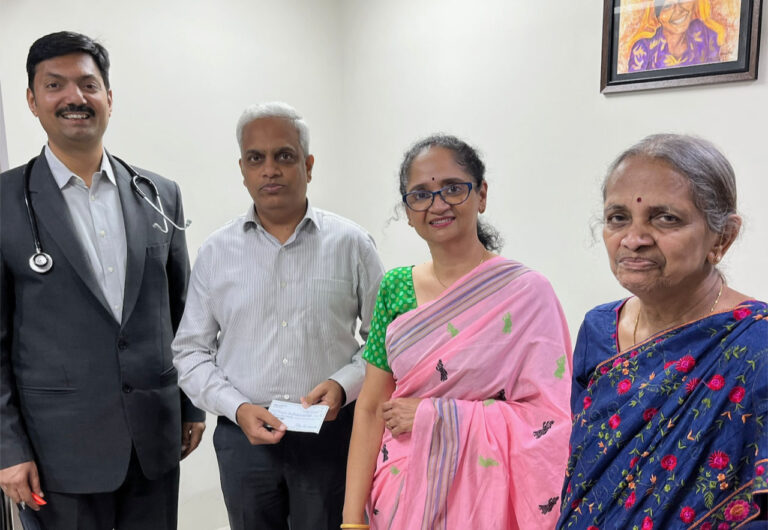
On Nov 24, 2023, our board member Natalie Sambamurty along with her husband visited the hospital. She handed a check to continue the program to Dr. Janardhan Head of Operations.
News!
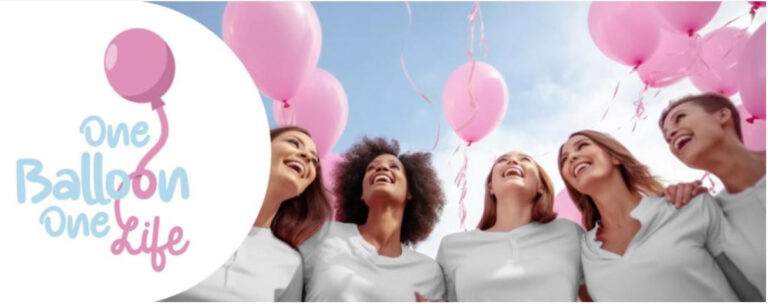
#1Balloon1Life enables a group of cancer NGOs from various countries to bring innovative early detection tests to women’s doorsteps across three continents.
News!
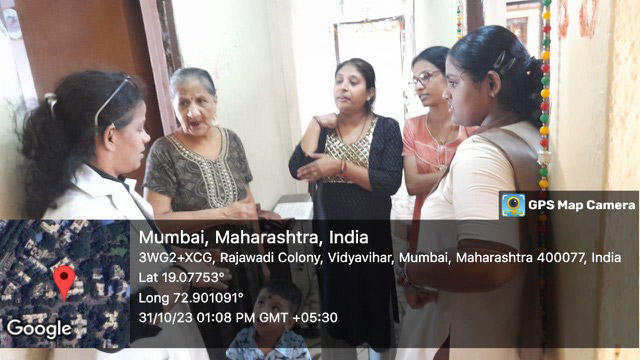
The Department of Community Medicine, K.J.Somaiya Medical College and Research Centre in collaboration with Maina Foundation started the breast cancer awareness and screening program in 2014.
Screening camps are organized throughout the year but during October’s Breast Cancer Awareness campaign a total of 619 women were made aware of breast cancer either in group sessions or one to one health education sessions. 110 women underwent clinical breast examination and 17 women also had a mammography done.
A highlight of this year’s event was a ‘Breast cancer awareness rally’ conducted at Angaon on 12th October. Participants included the Somaiya team, the PHC, Angaon team and the ICDS team comprising Anganwadi workers and Anganwadi helpers. The ‘pink’ rally traversed Angaon village shouting slogans and bearing banners, sashes with slogans, and placards with breast cancer related messages.
We thank you for your continued support!
For more information on Maina Foundation, and to help its mission, go to https://mainafoundation.org or contact us at 860-434-3985 or info@mainafoundation.org
SAVE A LIFE - DONATE NOW
Donations can also be mailed to:
8 Peppermint Ridge, Old Lyme, CT 06371, USA
